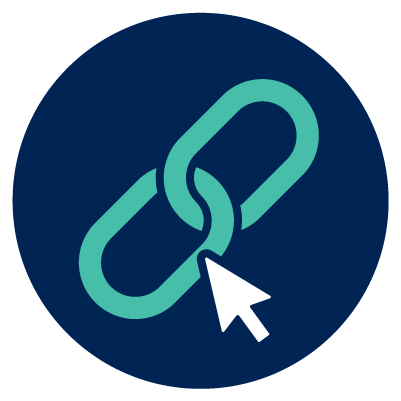Inclusive Employment Australia funding
Inclusive Employment Australia providers get paid by the Australian Government to help you find and keep a job.
Types of fees Inclusive Employment Australia providers get
Inclusive Employment Australia providers may be paid:
- Service fees each month, for helping you get ready for a job and find a job that suits you.
- Progress fees if they have helped you to improve your work readiness and take steps towards employment.
- Outcome fees (full or partial) if you stay in a suitable job for 12, 26 and 52 weeks.
- Ongoing support fees (flexible, moderate or high) if you still need help after the first 26 weeks in a job. Help can continue for as long as you need it.
- Moderate intellectual disability payment if you have completed an employment outcome and you have a moderate intellectual disability.
If you need help to buy items to find and keep a job, you can talk to your Inclusive Employment Australia provider.
A full list of provider fees are in the Inclusive Employment Australia Deed on the Department of Social Services (DSS) website.
What happens if you change providers
If you change your Inclusive Employment Australia provider, your service fees will go with you to your new provider.
This means your new provider will always have fees to help you find and keep a job.
Useful Downloads
Related pages
Last updated:
Inclusive Employment Australia funding
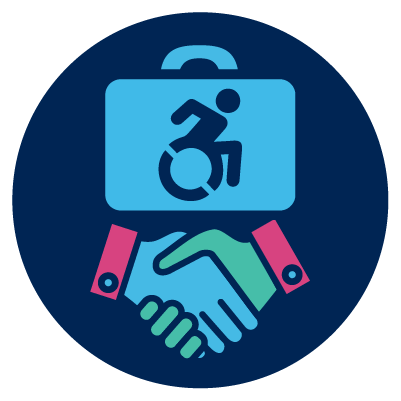
Inclusive Employment Australia can help you find and keep a job if you live with:
- disability
- injury
- medical condition.
The people who deliver Inclusive Employment Australia get payments from the Australian Government to help you.
The types of payments Inclusive Employment Australia providers get
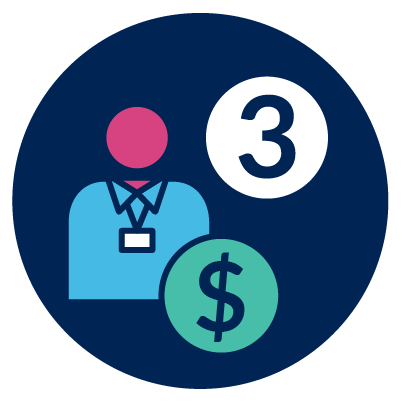
Inclusive Employment Australia providers can get different types of payments.
Inclusive Employment Australia providers help people with disability find and keep a job.

These payments come from the Australian Government.
We also call it Funding is money from the government to pay for services and help.
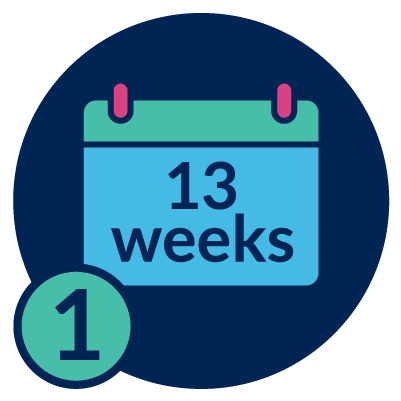
The first type of payment is called a ‘service fee’.
Providers get a service fee to help you find and keep a job.
They get this payment at the start of every 13 weeks.

They can also get a 'progress fee'.
These are used to improve your ability to work.
Thay can also get an ‘outcome fee’.
Providers get an outcome fee if you work or study in the same place for a certain amount of time.
These amounts of time include:
- 12, 26, 52 weeks
- on finishing an education course.
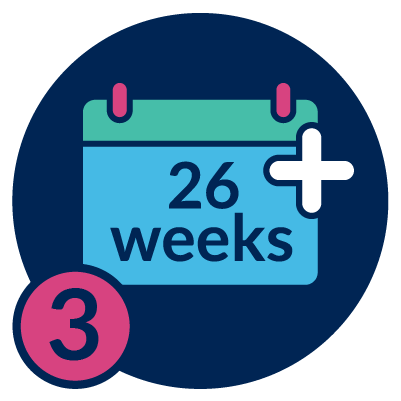
There's also an ‘ongoing support fee’.
Providers get an ongoing support fee if you need more help to keep your job after 26 weeks.
There is also a Moderate intellectual disability payment.
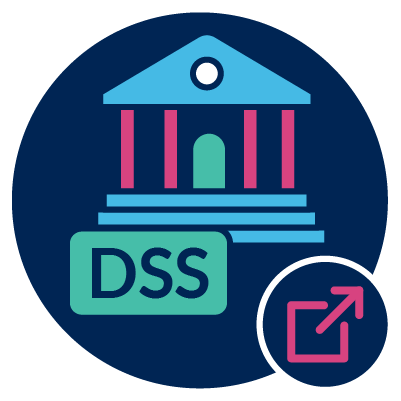
A full list of provider fees are in the Inclusive Employment Australia Deed on the Department of Social Services (DSS) website.
What happens if you change DES providers
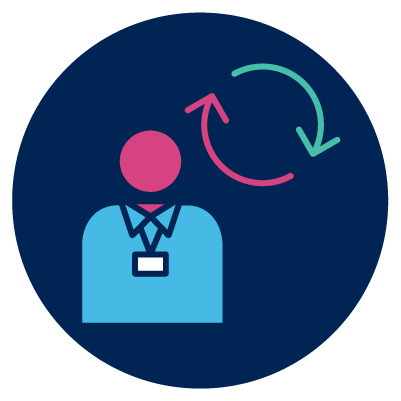
If you change your provider, your service fee will go with you to your next provider.

For example, you might have 3 weeks left in your payment period.
The money from those 3 weeks will go from your old DES provider to your new DES provider.

It works better for Inclusive Employment Australia providers if you stay with them.
This means it’s better for them if they support you the way you need.

